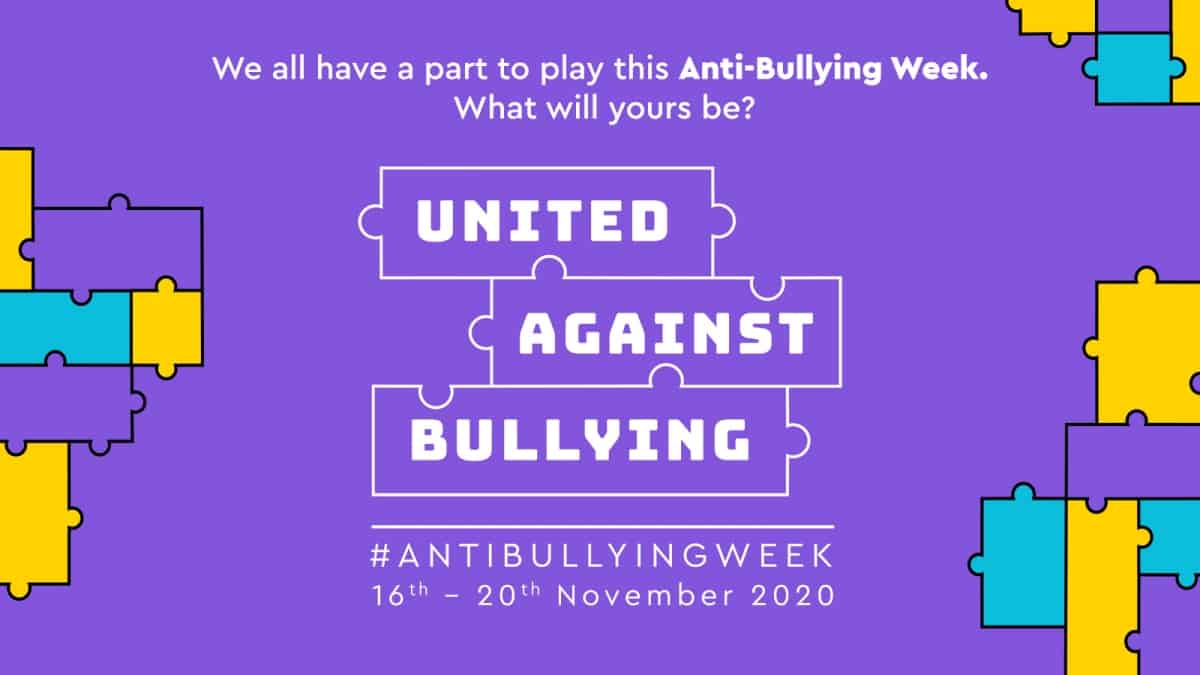Anti-Bullying Week (16-20 November) reminds us to address bullying behaviour, yet to do this successfully there needs to be a ‘whole club' approach that includes coaches, volunteers, officials, young people and parents to take on a ‘zero tolerance' attitude to any instances of it.

Anti-Bullying Week is a good opportunity for each of us to consider if we are doing enough to prevent bullying in all its forms within our sport. Clubs should encourage a positive environment which challenges bullying and abusive behaviour.
The impact of bullying in sport
The emotional and sometimes physical harm associated with bullying can have an impact on a person's enjoyment of sport and could prevent them from taking part. These include:
Statistics
In a report by the NSPCC (2011) about children's experiences of sport, children reported:
The Department for Education did a study of school-aged children (2016) and found that:
Helping people who are being bullied
Scotland's Anti-Bullying Service
NSPCC Scotland and respectme, Scotland's anti-bullying service, have launched ‘Thinkb4youtype', a toolkit to help schools in Scotland run campaigns to prevent online bullying. The toolkit was designed in collaboration with young people and it allows young people to design and lead their own campaign around the issue of online bullying and how best to prevent and respond to it.
https://tfn.scot/news/anti-bullying-toolkit-launched
https://respectme.org.uk/wp-content/uploads/2020/10/TBYT-Toolkit-final.pdf
Scottish Anti-bullying Framework
Scottish Anti-bullying Summary
Cyber Bullying
Net Aware produced by the NSPCC and 02 has released content to help parents/carers support their child who has experienced cyberbullying net aware cyberbullying tips
Useful links:
Archery GB
Archery GB Code of Conduct and Anti Bullying policies
Archery GB Online Safety and Social Media Policy
NSPCC
Bullying and cyberbullying - NSPCC's comprehensive review of this topic
Protecting children from bullying and cyberbullying - bullying research and resources on NSPCC Learning
Childline
Childline - bullying - information and advice for young people
Further information for children and young people
Childline - advice on bullying - advice for young people who are experiencing bullying behaviour
National Deaf Children's Society (NDCS) - info and advice about bullying. The members area gives access to current members or registration of new members.
Other useful resources and websites
Department for Education - School and college behaviour and attendance - the sections on bullying provide the necessary support for designing anti-bullying policies and strategies in your school
Welsh Government Bullying Posters - posters plus help and advice to young people who are worried about bullying
Stop bullying in sport Z-card - good-practice example from Sport Nottingham
Anti-Bullying Alliance (ABA)Â - the ABA have a suite of tools and information about bullying
Children's and young people's voices and experiences of bullying and harassment in schools (PDF) - Children Scotland's report to Scottish Parliament on an inquiry into bullying and harassment in schools
Ditch the label - UK bullying statistics (2017)